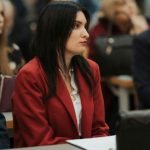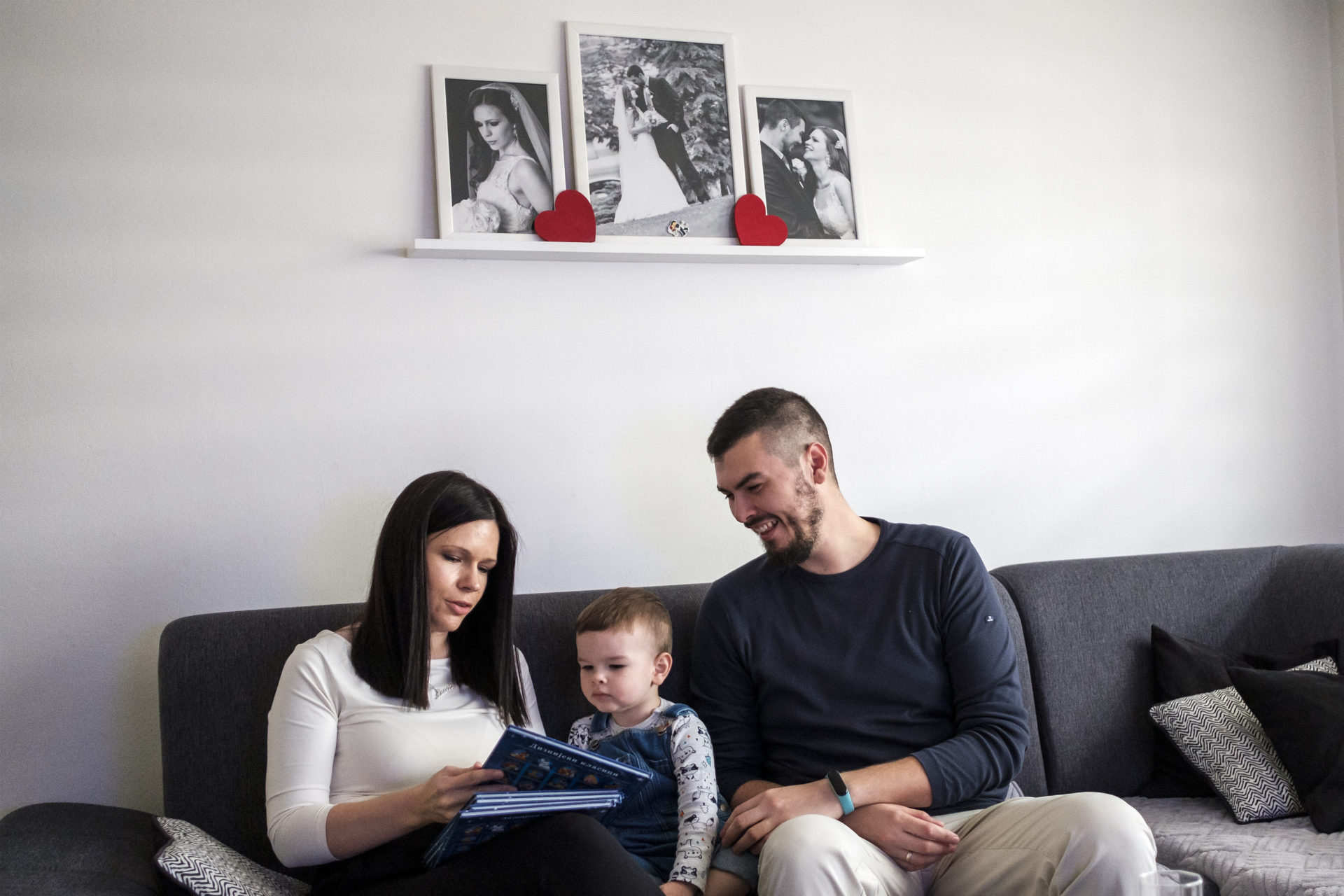
The love story of 35-year-old Vahdijana from Serbia and 39-year-old Momir from Bosnia and Herzegovina began with an introduction through mutual friends. Vahdijana, a teacher working developmentally challenged students, and Momir, a computer programmer, faced no significant obstacles in their love story, despite encountering a few disapproving glances. Their love eventually culminated in marriage, and today, they reside in the Brčko District with their two children.
“Everything was normal for us. We didn’t face any obstacles. As for our surroundings, everything was fine, considering we were part of the same social circle,” Vahdijana reflected, with Momir adding that at times, however, there were some “disapproving glances.”
Although they prefer not to define themselves by ethnicity, Momir says that if he had to, he would identify as Serbian, while Vahdijana, being from Serbia, cannot call herself Bosnian. Both agree that they wouldn’t trade the city of Brčko, where they live, for any other, even though Momir recalls the saying that “the grass is always greener on the other side.”
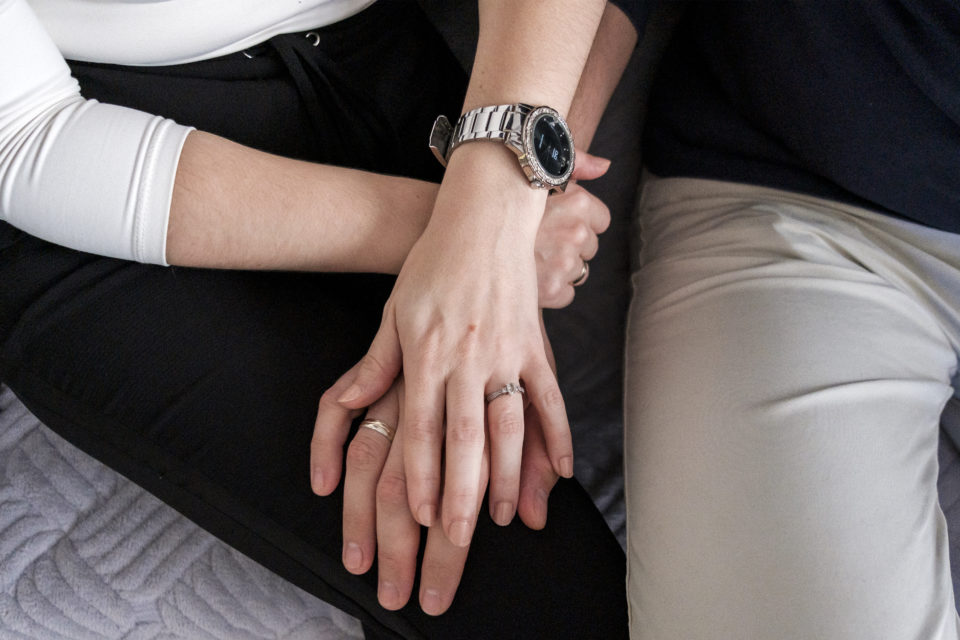
“From our perspective, looking at how relationships are in other cities, perhaps mono-ethnic ones, it might even be easier for us in the Brčko District. On the other hand, our perspective is distorted—we only have one viewpoint and can only see from that angle,” Momir acknowledged.
Momir and his wife became close in 2006, a decade after the war, but they disregarded all associated negativities. Momir believes that this is simply in their nature, adding, “For us, it just became everyday life.”
He has encountered the term “mixed couple” throughout his life, a term that makes it easy for them to relate to others. However, he notes that in Brčko, there are fewer marriages, especially multiethnic ones.
“Brčko has this national element. What keeps us together here is the dividing line because there’s always a clearly defined boundary between nationalities,” explained Momir. Vahdijana pointed out that in Brčko, it’s necessary to declare one’s nationality when seeking employment, which is something neither of them want to do. This is one of the reasons why Momir became self-employed.
Although they don’t consider themselves religious, they say they still celebrate the religious holidays of their parents out of a respect for tradition. “The biggest problem is with these overlapping holidays, when we want to visit both sides. That’s our first problem. So, our mix is perhaps a facilitating factor, at least when it comes to holidays. We have a lot of holidays to celebrate, and we enjoy it,” shared Momir, highlighting the beauty of diversity.
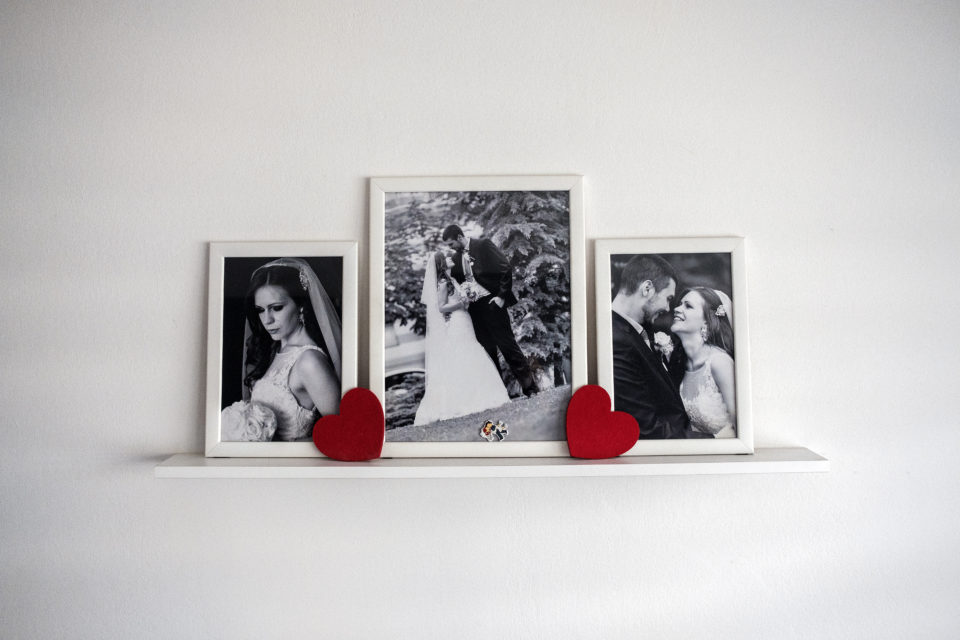
Having been together for 17 years, Vahdijana says that they are quite similar, while her husband adds, “to me, my wife is half of my life.” He appreciates her enthusiasm and her dedication to work and family, describing her as a good person.
“I was 18 years old when we met. We’re best friends, and I think that’s the most important thing of all, along with the trust we have in each other,” said Vahdijana.
In addition to love, Momir also characterizes trust as an important factor in preserving their relationship. “I don’t know any other couple that spent so much time together while dating. We’re truly dedicated to each other, and that’s very important to us in life. We strive to pass on these values to our son because we believe it’s important for him to love,” said Momir.
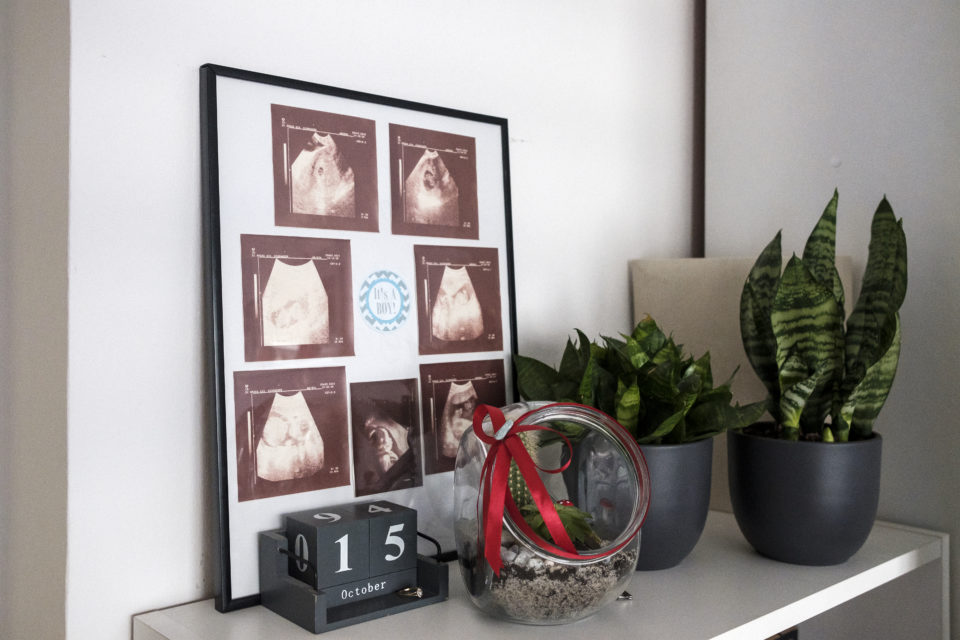
They advise young people that in today’s world, viewing others through the lens of nationality shouldn’t be acceptable.
“I know it was easier for us because we come from mixed backgrounds and multiethnic marriages. We’re more tolerant in that regard. But I really think that when we stop looking at people through the lens of religion, nationality, color, or whatever else, we have the opportunity to progress,” Vahdijana concluded.
This story is part of the “Love Tales” project implemented by the Post-Conflict Research Center (PCRC) with a group of Balkan Diskurs youth correspondents. The project is implemented with financial support from the VII Academy, the BOLD program of the US Embassy in BiH, and PCRC’s core grants, with the aim of challenging the common narrative that real connections between Bosnia’s different ethnic groups are unattainable by documenting stories of successful interethnic relationships across the country.



